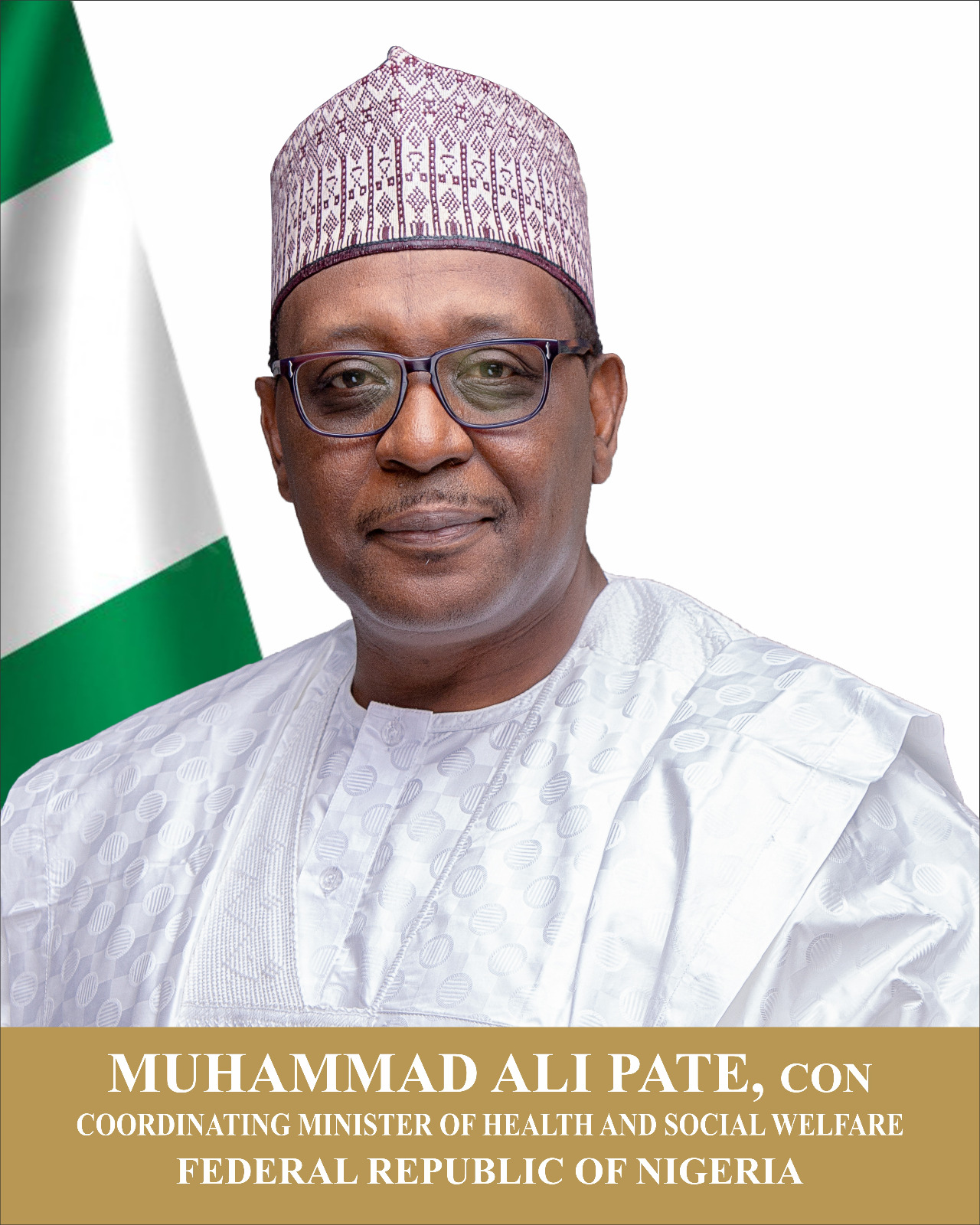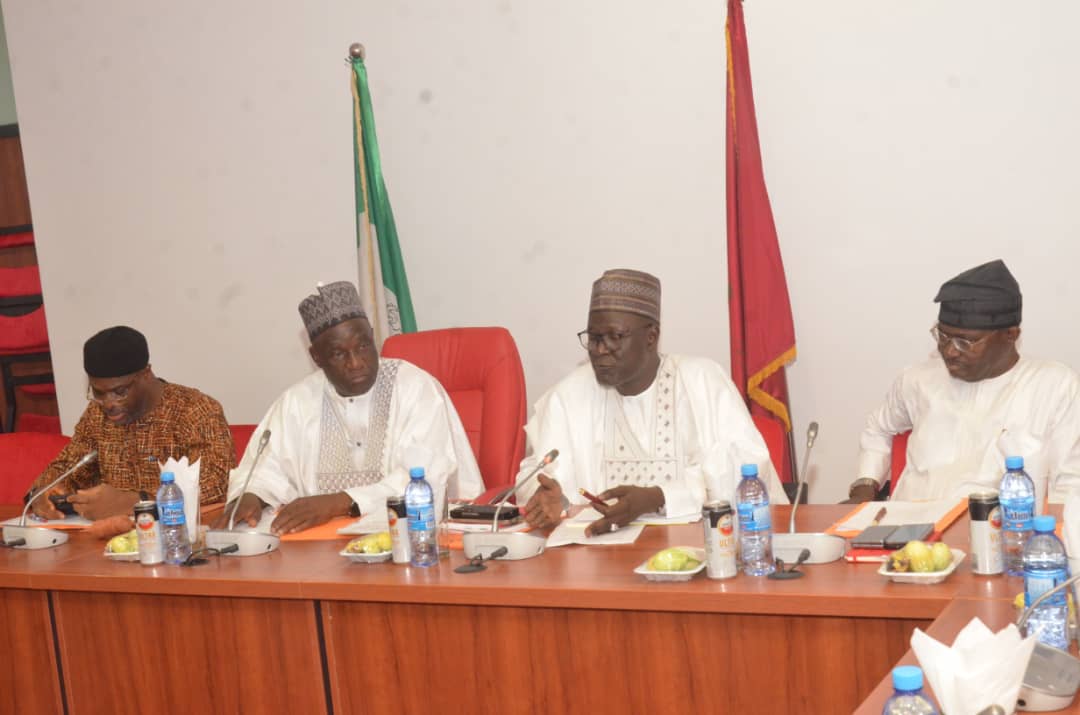
Abuja, Nigeria — As Nigeria joins the global community to mark the 2025 United Nations World Sickle Cell Day, the Federal Ministry of Health and Social Welfare has reaffirmed its commitment to transforming care and strengthening communities in the fight against Sickle Cell Disease (SCD).
In a statement signed by Alaba Balogun, Deputy Director of Information and Public Relations on Thursday, the Ministry emphasized the country’s renewed focus on prevention, early diagnosis, public education, and access to quality care.
The theme of this year’s commemoration, “Transforming Care and Strengthening Communities,” underscores the urgent need to address the SCD crisis, particularly in high-burden regions like Nigeria.
Sickle Cell Disease, a severe hereditary blood disorder, affects about 100 million people globally. Sub-Saharan Africa bears the highest burden, and Nigeria is the epicenter, with 25% of its adult population carrying the sickle cell gene and recording approximately 150,000 infant deaths annually due to the condition—around 8% of total infant mortality.
The Ministry described SCD as both preventable and manageable but lamented systemic challenges, including low awareness, limited screening capacity, and a shortage of trained personnel. The disease contributes significantly to childhood and adult mortality and poses major psychosocial and economic challenges for affected families.
National Milestones and Key Interventions
To combat these challenges, the Ministry has implemented a number of strategic national programs, including:
Universal Newborn Screening: Ongoing training of primary healthcare workers across the Southwest zone for early detection.
Standard Operating Protocols (SOPs): Development of a national desk guide to standardize newborn and infant screening procedures.
Six Zonal Centres of Excellence: Equipped with advanced diagnostics such as HPLC and manned by trained specialists to serve as regional SCD management hubs.
Updated National Guidelines: Incorporation of latest WHO-AFRO recommendations for prevention and control.
Integration into PHC System: Embedding SCD services within broader non-communicable disease (NCD) programs.
Nigeria-PEN Package: Localized version of WHO’s NCD intervention guidelines, including genetic counseling and screening.
Multisectoral Action Plan Committee: To coordinate efforts across ministries and agencies.
Nationwide Advocacy Campaigns: Promoting genotype testing and public education on SCD.
Pilot of PEN-Plus Strategy: In collaboration with WHO and Clinton Health Access Initiative, targeting SCD, Type 1 Diabetes, and Rheumatic Heart Disease.
In the next phase, the government is prioritizing:
Expansion and upgrading of the six SCD Centres of Excellence for comprehensive care.
Introduction of point-of-care technologies for wider screening coverage.
Scale-up of Hydroxyurea, a proven medication that reduces complications.
Integration of SCD services into maternal and child health programs.
Increased community mobilization and engagement to promote early testing and reduce stigma.
Strengthening research, monitoring, and evaluation systems to track progress.
Deepening partnerships with development partners, private sector, and civil society to broaden impact.
Global Recognition in Hosting the 5th Global SCD Congress
Highlighting Nigeria’s leadership in the global fight against SCD, the Ministry celebrated the country’s successful hosting of the 5th Global Sickle Cell Disease Congress in Abuja. The event brought together stakeholders from across the world—researchers, health professionals, and policymakers—under the banner, “Leave No One Behind.”
National Call to Action
The Ministry concluded with a strong message: “Sickle Cell Disease is not just a health issue—it is a societal challenge requiring a united front. Genotype awareness, compassionate support, and improved services are the pathways to a future where no child suffers from a preventable condition.”
As Nigeria marks this year’s World Sickle Cell Day, the Federal Ministry of Health and Social Welfare urges citizens, civil society, and stakeholders to unite in transforming care and building resilient communities in the battle against sickle cell disease.





